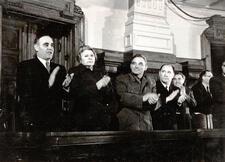Politics and Government
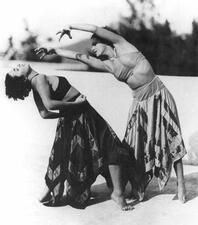
Shoshana Ornstein
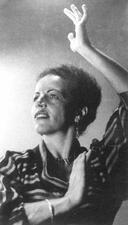
Yehudit Ornstein
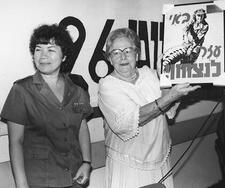
Israela Oron
Israela Oron is a retired Brigadier-General in the Israel Defense Forces who worked to reform the IDF’s Women’s Corps and redefine women’s role in the Israeli military. As OC (Officer Commander) of the IDF’s Women’s Corps, she balanced extending more opportunities for women in positions traditionally held by men with the need to retain an infrastructure that would care for the specific needs of women in the IDF.
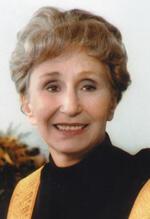
Sylvia Ostry
Sylvia Ostry, born in Winnipeg, Canada, was a distinguished economist, academic, and government leader. She taught at universities across Canada, served in numerous government posts, and authored over eighty publications, mostly on policy analysis.
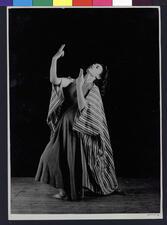
Dancer Paula Padani
Paula Padani
Paula Padani was an influential choreographer, performer, and teacher who explored Jewish themes in her work as she danced throughout Israel, the United States, and Europe. Her work was inspired by the landscapes of Israel and biblical themes, and she was celebrated in post World War Two Paris for her talent and vitality as a Jewish artist.
Vera Paktor
In her too-short life, Vera Paktor reached unprecedented heights for a woman in maritime law, forging regulations for new developments in the shipping industry.
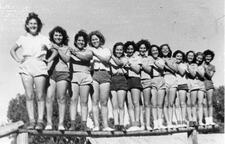
Palmah
The Palmah was the elite fighting brigades of the underground paramilitary force Haganah, active between 1941 and Israel’s founding in 1948. Women were active in the Palmah, but were they considered equal to men?
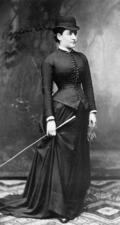
Bertha Pappenheim
Bertha Pappenheim was the founder of the Jewish feminist movement in Germany. In 1904, she founded the League of Jewish Women. Pappenheim believed that male-led Jewish social service societies underestimated the value of women’s work and insisted on a woman’s movement that was equal to and entirely independent of men’s organizations.
Mollie Parnis
Mollie Parnis’s wit and fashion-savvy made her clothing designs a must during her tenure as a fashion legend. Parnis was equally famed for her New York salons that welcomed literary and political giants and for her fashion designs that adorned first ladies.
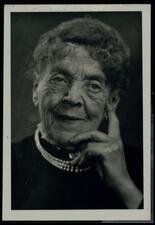
Erna Patak
Erna (Ernestine) Patak was a social worker and one of the Zionist veterans in Vienna in the early twentieth century, serving as the first president of WIZO Austria in the early 1920s. After surviving Theresienstadt, she returned to Vienna and later moved to London and finally to Tel Aviv.
Peace Movement in the United States
Throughout the twentieth century, Jewish women played a major role in American peace organizations and movements. Jewish women have also been in prominent roles advocating for peace between Israel and Palestine, both in the Knesset and with private organizations.
Peace Movements in Israel
Jessica Blanche Peixotto
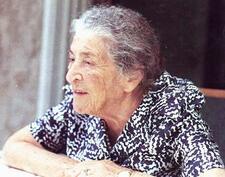
Bracha Peli
Bracha Peli was unique among the literary community of pre-state Palestine, creating what was probably the most successful and dynamic publishing house in the country at the time. Born Bronya Kutzenok in Tsarist Russia, Peli had an expansive and highly successful career.
Rivkah Perelis
Rivkah Perelis was a Polish-born historian whose research focused on the Holocaust and the Zionist youth movement during the Nazi occupation of Poland.
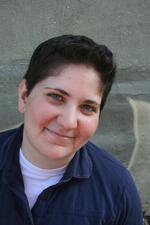
Miriam Zoila Pérez
Florence Perlman
Florence Bierman Perlman was one of the women responsible for shaping Hadassah into its role of national prominence. A national board member of Hadassah from 1938 until her death in 1975, Perlman also held many other important positions within the organization.
Ina Perlman
Ina Perlman was a hands-on anti-Apartheid fighter and the face of “Operation Hunger,” which saved the lives of countless Black South Africans facing death and starvation in Apartheid South Africa.
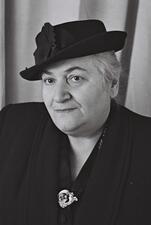
Shoshana Persitz
Born in Russia to wealthy parents, Shoshana Persitz was a passionate Zionist and a leader in education reform. She operated a Hebrew-language publishing house in Russia before making Aliyah to Israel, where she continued in publishing and served three terms in the Knesset.

Rose Pesotta
Rose Pesotta was an iconic labor organizer and president of the International Ladies' Garment Workers Union (ILGWU) in the early twentieth century. Pesotta saw her union organizing as an opportunity to fulfill the anarchist mandate “to be among the people and teach them our ideal in practice.”
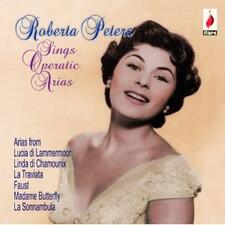
Roberta Peters
Singer Roberta Peters led a career spanning more than half a century as one of the Metropolitan Opera’s most popular sopranos. A frequent performer on the radio, television, and stages around the world, Peters was also involved with many public health and Jewish organizations throughout her life.
Alice S. Petluck
Alice S. Petluck was one of the first women in the United States to attend law school and to practice in New York. She was a prominent social reformer in the early twentieth century who, through her example, was able to open the door for generations of future female lawyers.
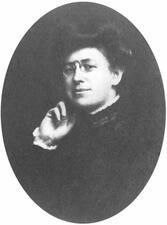
Philanthropy in the United States
In the United States, Jewish women’s philanthropy generally occurred through three main types of organizations: autonomous women’s organizations, women’s organizations that included some men, and women’s auxiliaries of male-dominated groups. In recent decades, changes in Jewish philanthropy and in gender roles have influenced contemporary styles of Jewish women’s philanthropy.

